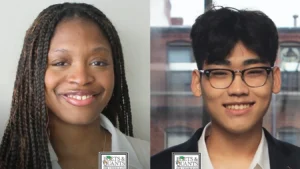Questrom Takes on France, Morocco, and Singapore: Global Immersion Trip 2025
May 1, 2025
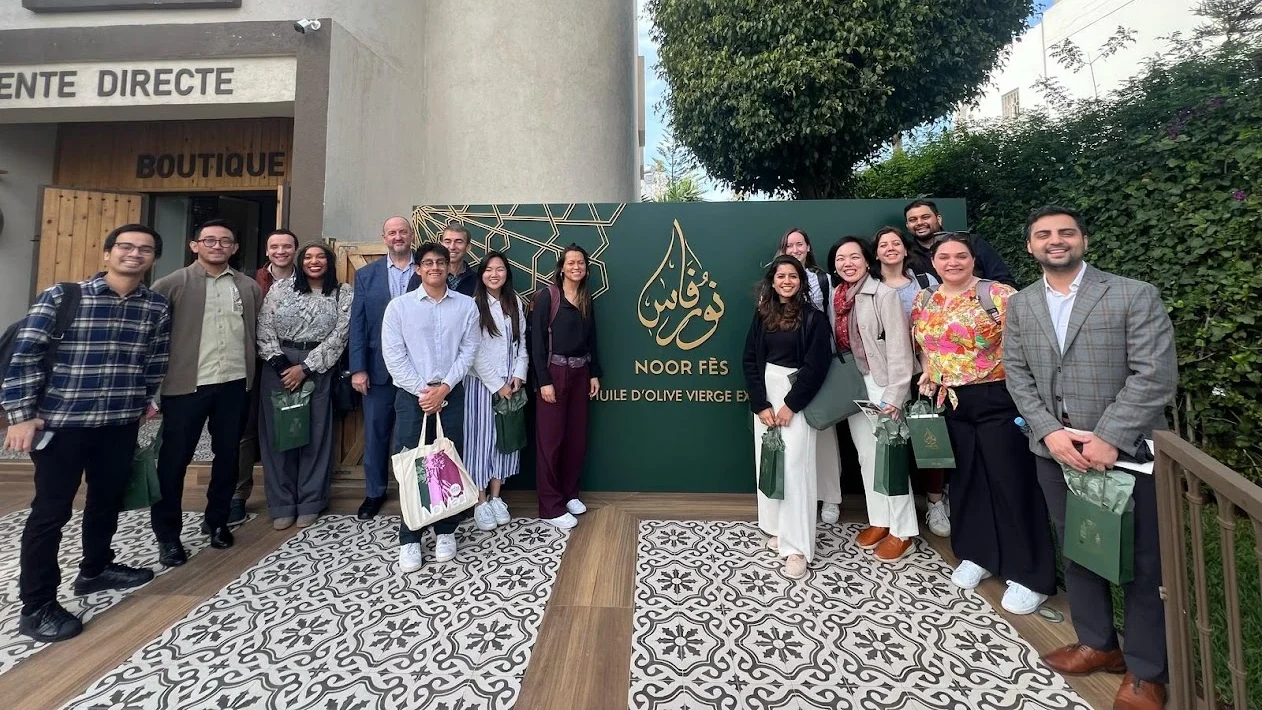
Every spring, a handful of Questrom graduate classes take a week-long Global Immersion trip—from places like Mexico to Milan—to gain exposure to various markets, industries, business practices, and cultures. In no way is this just a spring break trip. It’s an action-packed study abroad experience filled with company visits, meetings with leaders at top international firms, and, ultimately, the culmination of a semester-long hands-on client project.
During the week of March 9th, 2025, Professor Lisa Rohrer led her IM843 class, Leading Global Teams, to Singapore; Professor Patricia Hambrick led her IM851 class, The Management of Luxury Business, to France; and Professor Richard Stuebi led his IM858 class, Pursuing Sustainability in Developing Economies, to Morocco.
The focus of Professor Patricia Hambrick’s course is on the sales, distribution, branding, product, and manufacturing aspects of the luxury business. There are few better cities to learn about the luxury industry than Paris, France. The class began a four-week client project with French clothing company Louise Misha, an accessible luxury brand with about 10 M € in sales and an audience in 35 countries. Through geographical and international consumer trend analysis, students presented actionable recommendations to Louise Misha at the end of their trip.
Students applied insights gained from several company visits to their final presentation. The class toured the International Chamber of Commerce to learn about the French, Parisian, and broader European economy, and the luxury segments within. Another stop included a meeting with a luxury hospitality expert, who shared his career trajectory—rising through international palaces—and what differentiates a 5-star hotel.
They visited Châteauform’, the largest castle renovation organization in Europe; Ferrandi Cooking School; Roland Garros, home of the French Open; and Maison Francis Kurkdjian, the hottest new fragrance on the worldwide market and a subsidiary of LVMH. They also heard from Alain Ducasse, the most 5-starred chef in the world. If that’s not cool enough, the class also visited Boucheron, an internationally beloved jewelry brand, to learn about their clienteling strategy, and heard from Stanislas de Quercize, a true “gem” in the luxury industry.
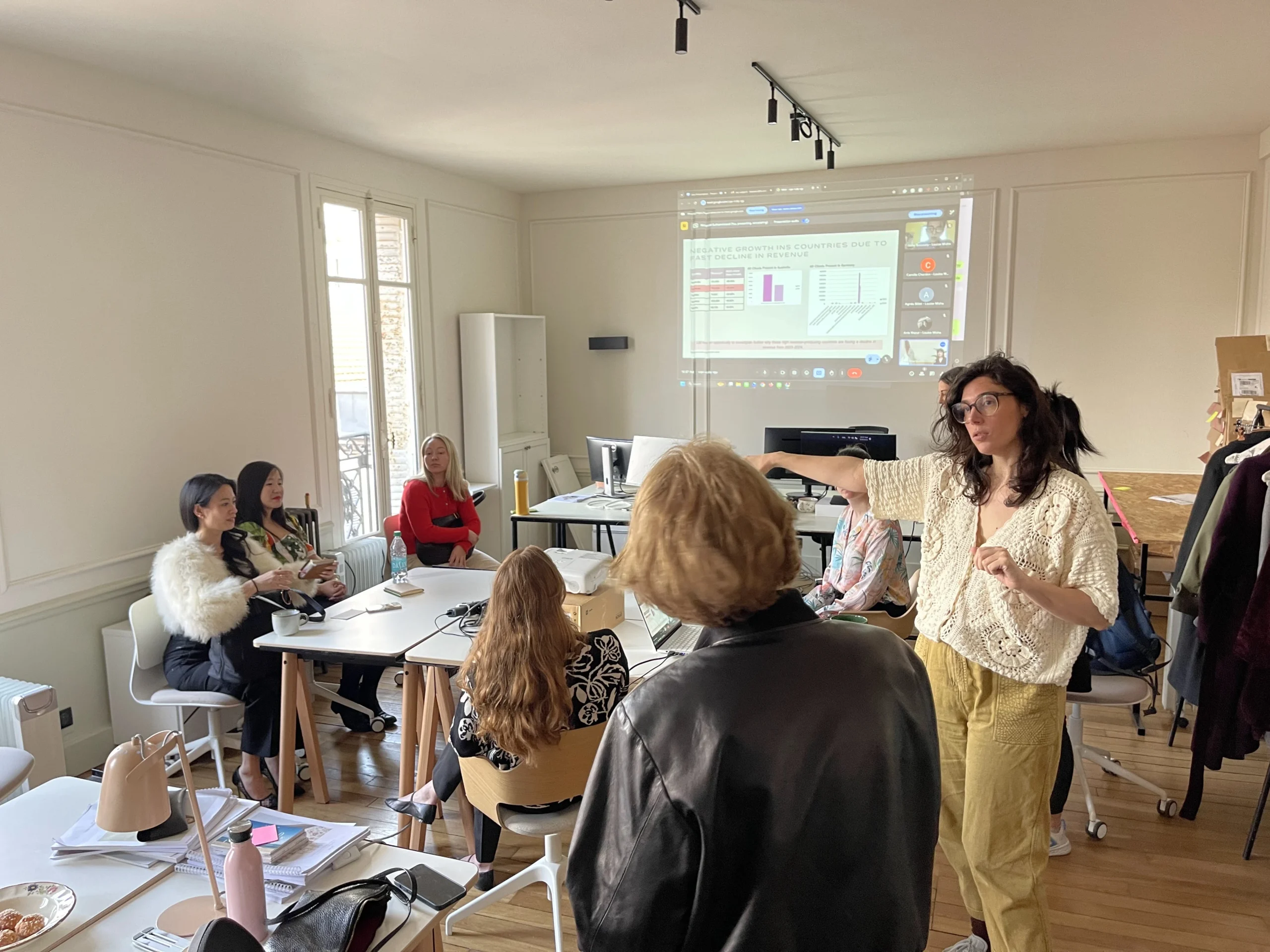
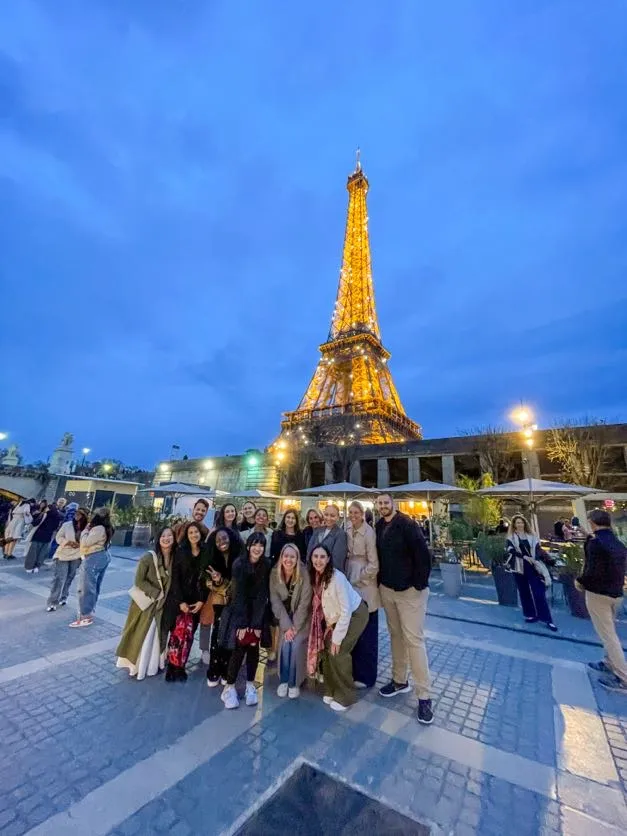
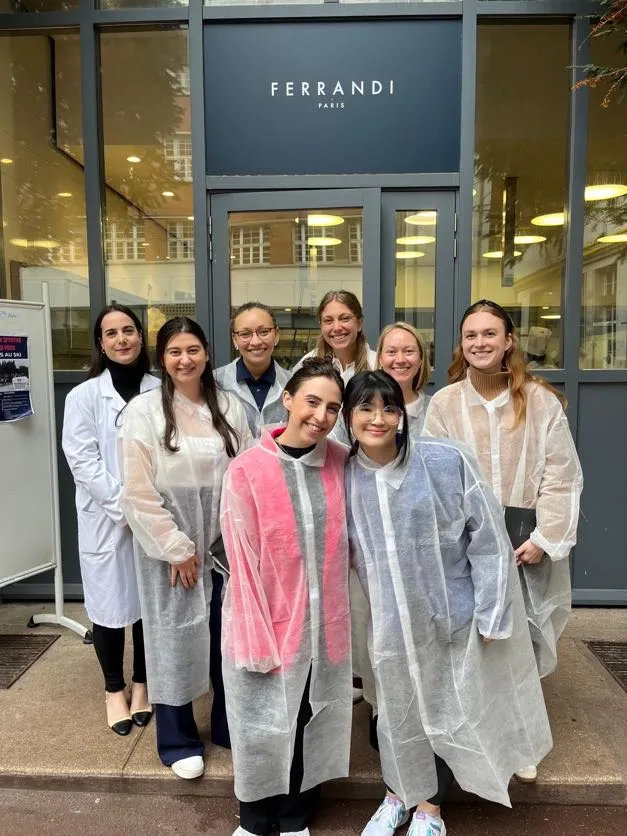
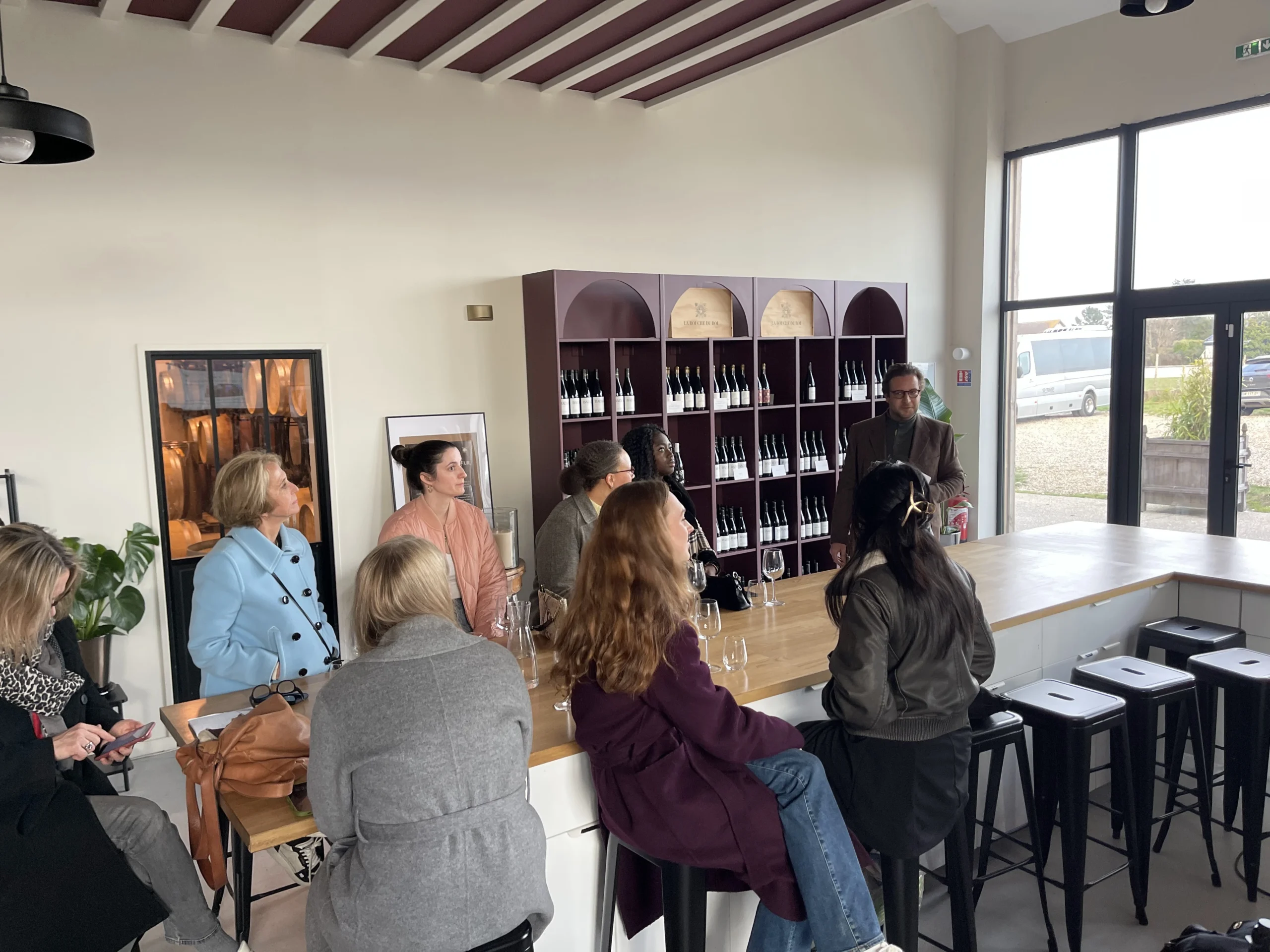
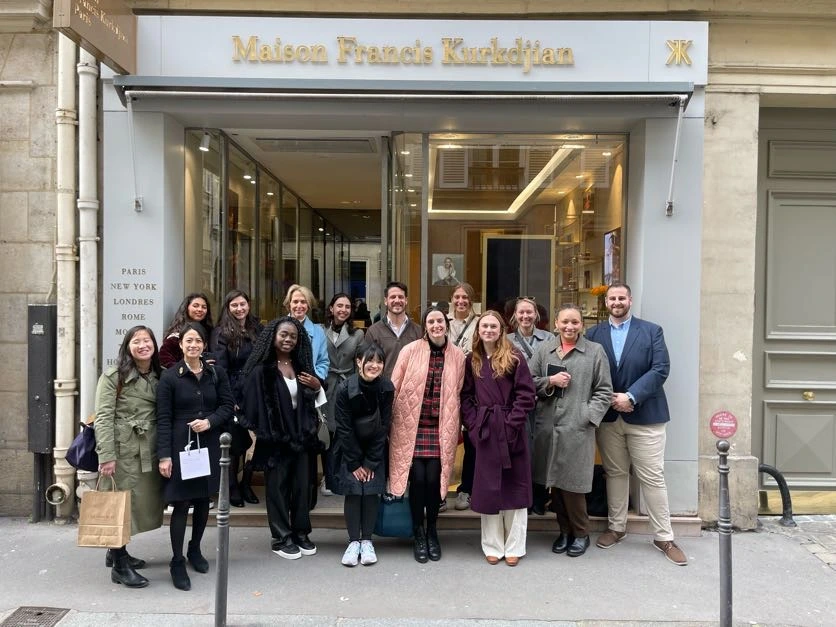
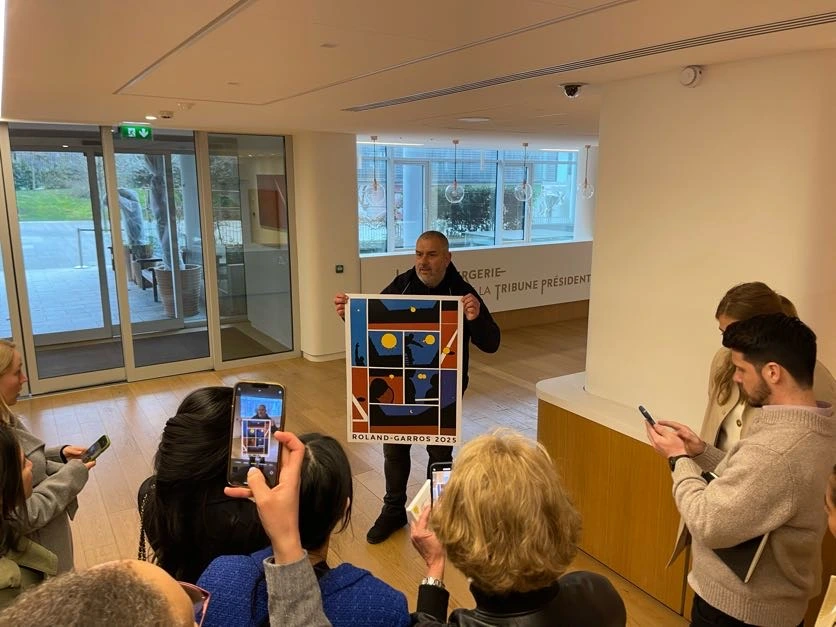
Aliyah Phipps, Part-Time MBA ’26 and Residence Hall Director at BU Residence Life, traveled to Morocco with her Global Immersion class led by Professor Richard Stuebi and MBA Center advisor Yuri Defonseca. The class engaged with business executives, government officials, environmental scientists, and leaders from nonprofit and social impact sectors. Morocco’s innovative green initiatives and intentional cross-generational inclusion have positioned the country as a global leader in renewable energy.
Throughout the week, students participated in site visits to the DAR America Center (a cultural and educational hub affiliated with the U.S. Consulate General), ACWA Power (solar energy), Geocycle (waste pre-processing), Lafarge Holcim (sustainable construction), Noor Fes (sustainable agriculture and olive oil production), and Mohammed VI Polytechnic University/Green Energy Park. They also explored Morocco’s multilingual business environment and witnessed the interplay between religious fasting and workplace culture during Ramadan.
Aliyah reflects, “It rained almost every day, but the skies would clear just enough for us to catch glimpses of Morocco’s stunning scenery — rainbows, sunshine, sky-high palm trees, and vivid landscapes. We learned that the dry, sunny weather many tourists have come to expect is actually the result of a severe six-to-seven-year drought, which only recently ended. The drought deeply impacted daily life in Morocco, as agriculture contributes significantly to the country’s GDP and local employment.
Every Moroccan I met was multilingual — most commonly speaking Arabic, Berber (the native Indigenous language), and French, with some also speaking Spanish or Italian. However, only Arabic and Berber are nationally recognized, with Berber gaining official status as recently as 2011. It was powerful to witness how colonial legacies continue to shape present-day communication, architecture, and cuisine, and yet Moroccans carry a deep sense of pride in their culture, history and Africanity. There is also a growing shift toward Pan-Africanism, notably reflected in the Moroccan government’s support of and partnerships with several countries in Sub-Saharan Africa. I felt incredibly seen and welcomed by the locals I met and even made lasting friendships.
What made the experience truly unforgettable was being in Morocco during Ramadan. I was honored to be invited into people’s homes to break fast over Iftar dinner with their families. That level of humility and hospitality is something I’ll carry with me forever.”

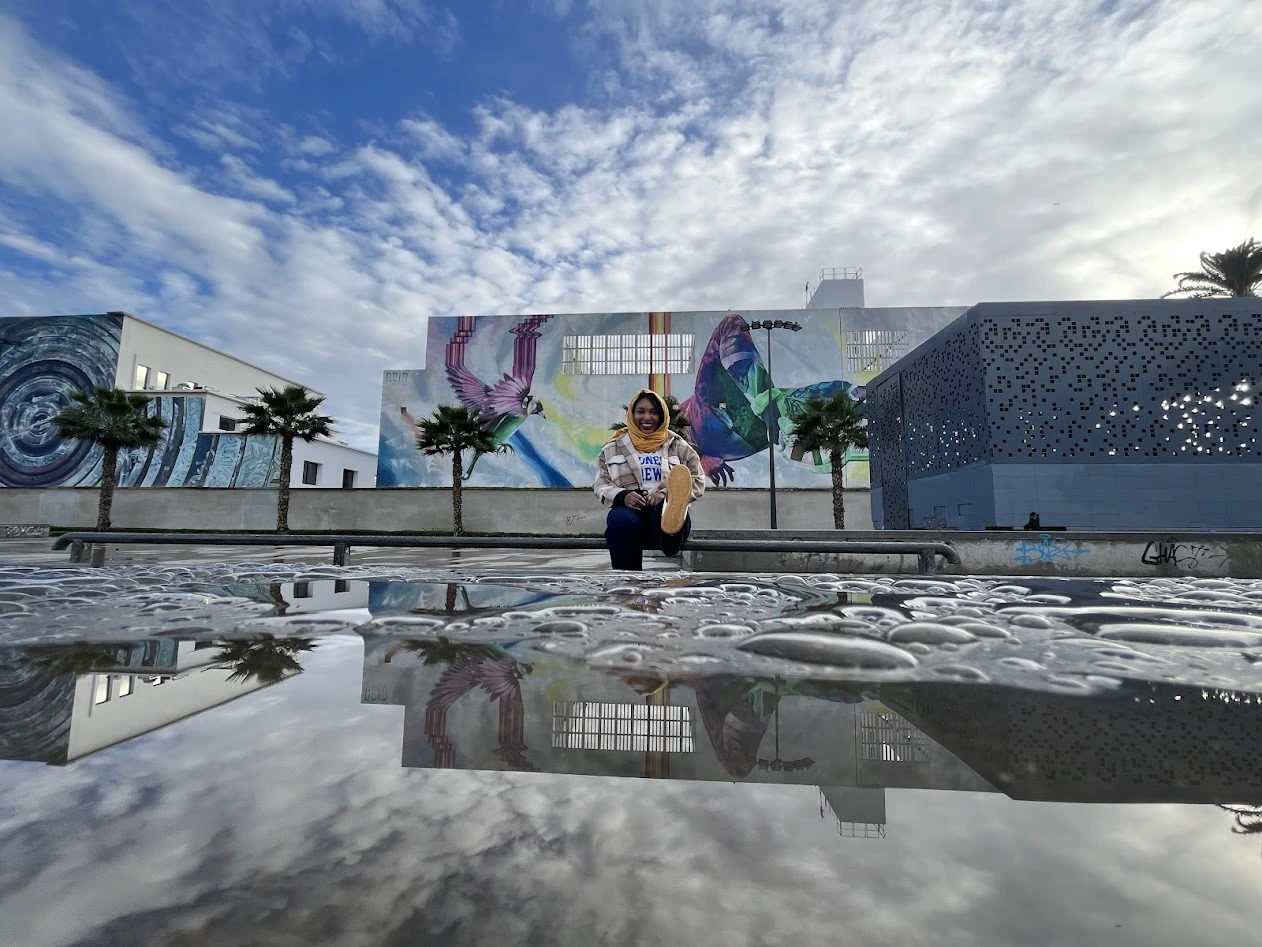
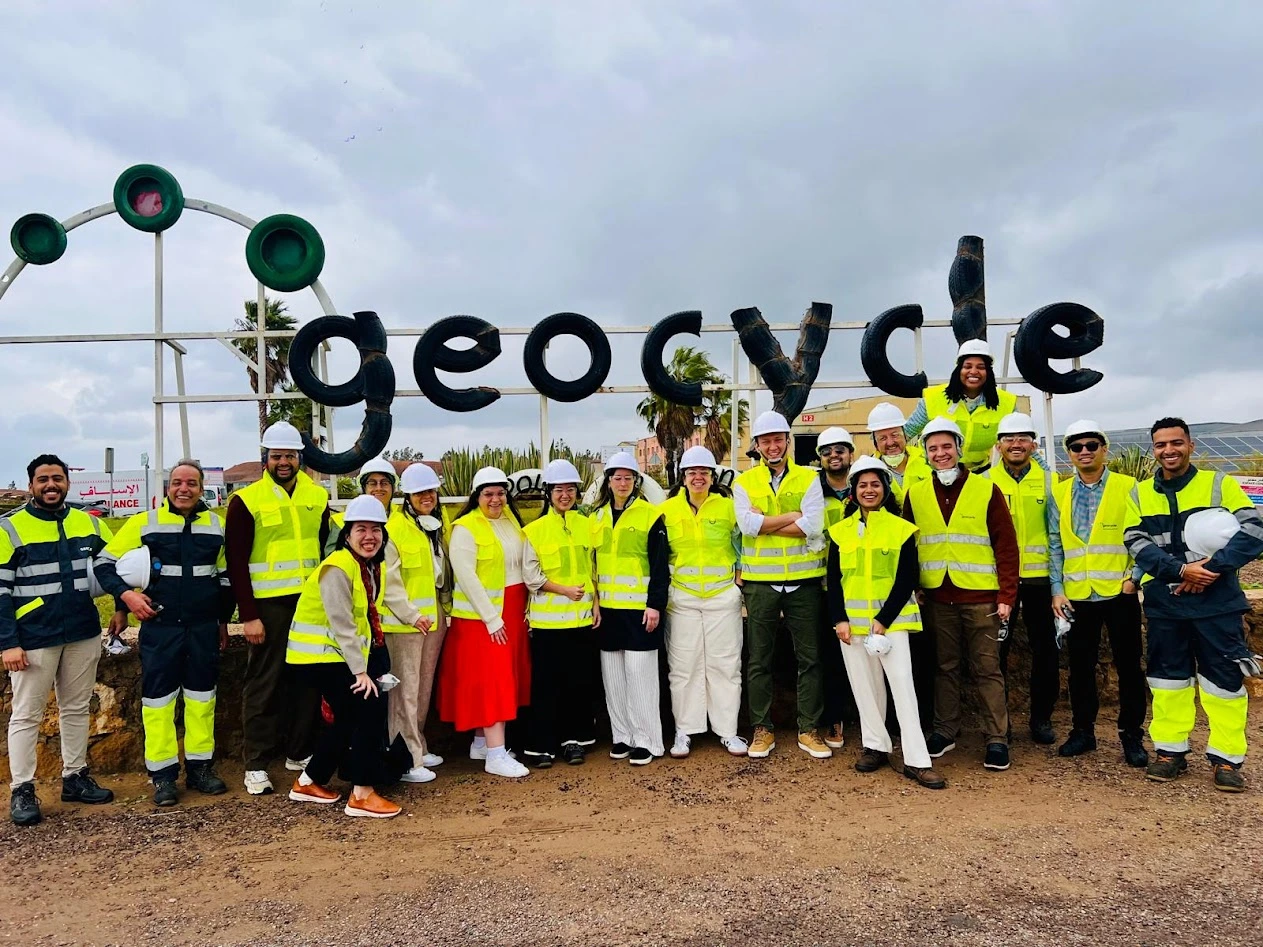
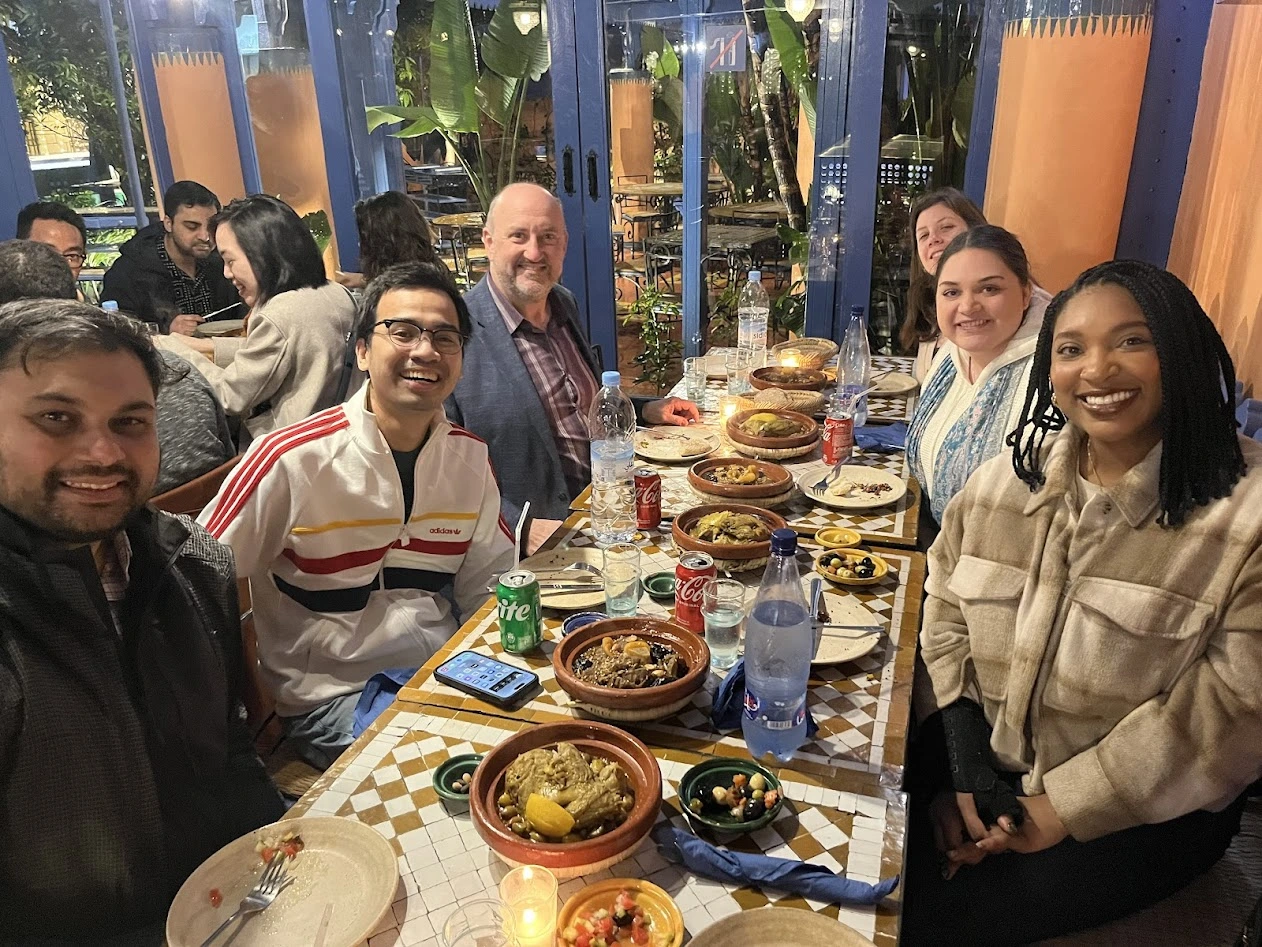

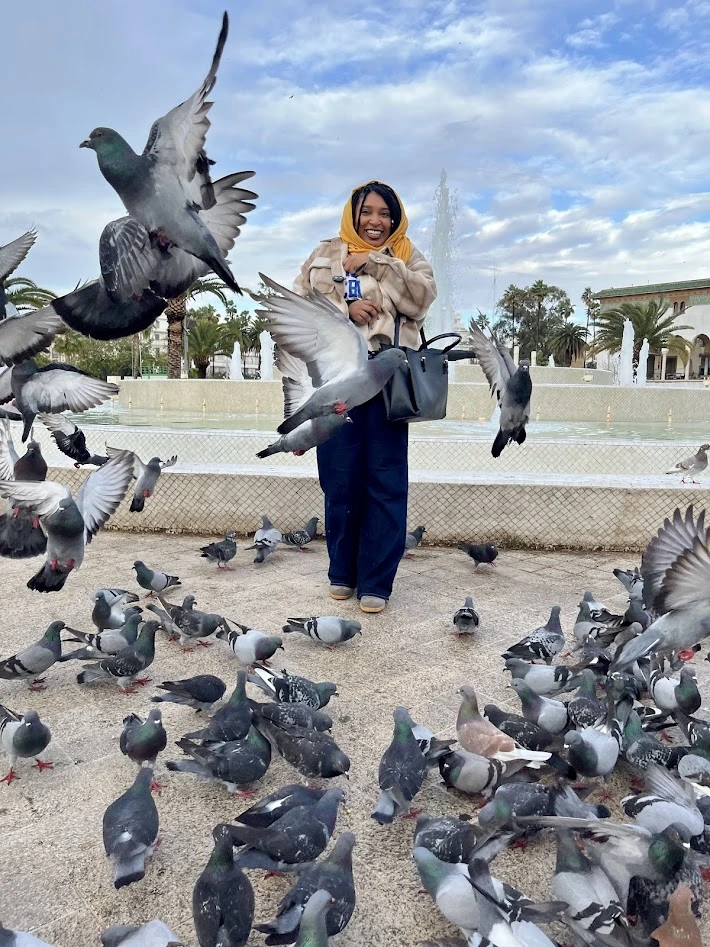
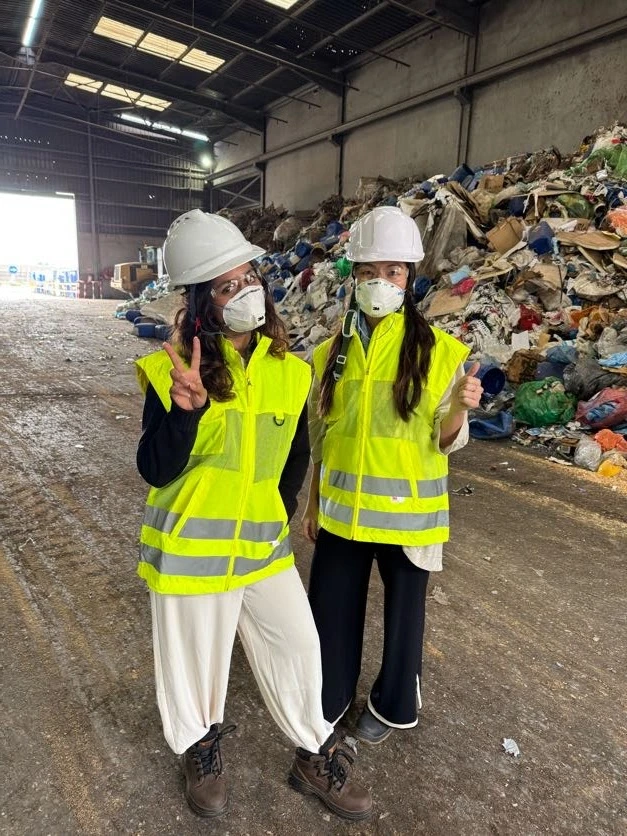
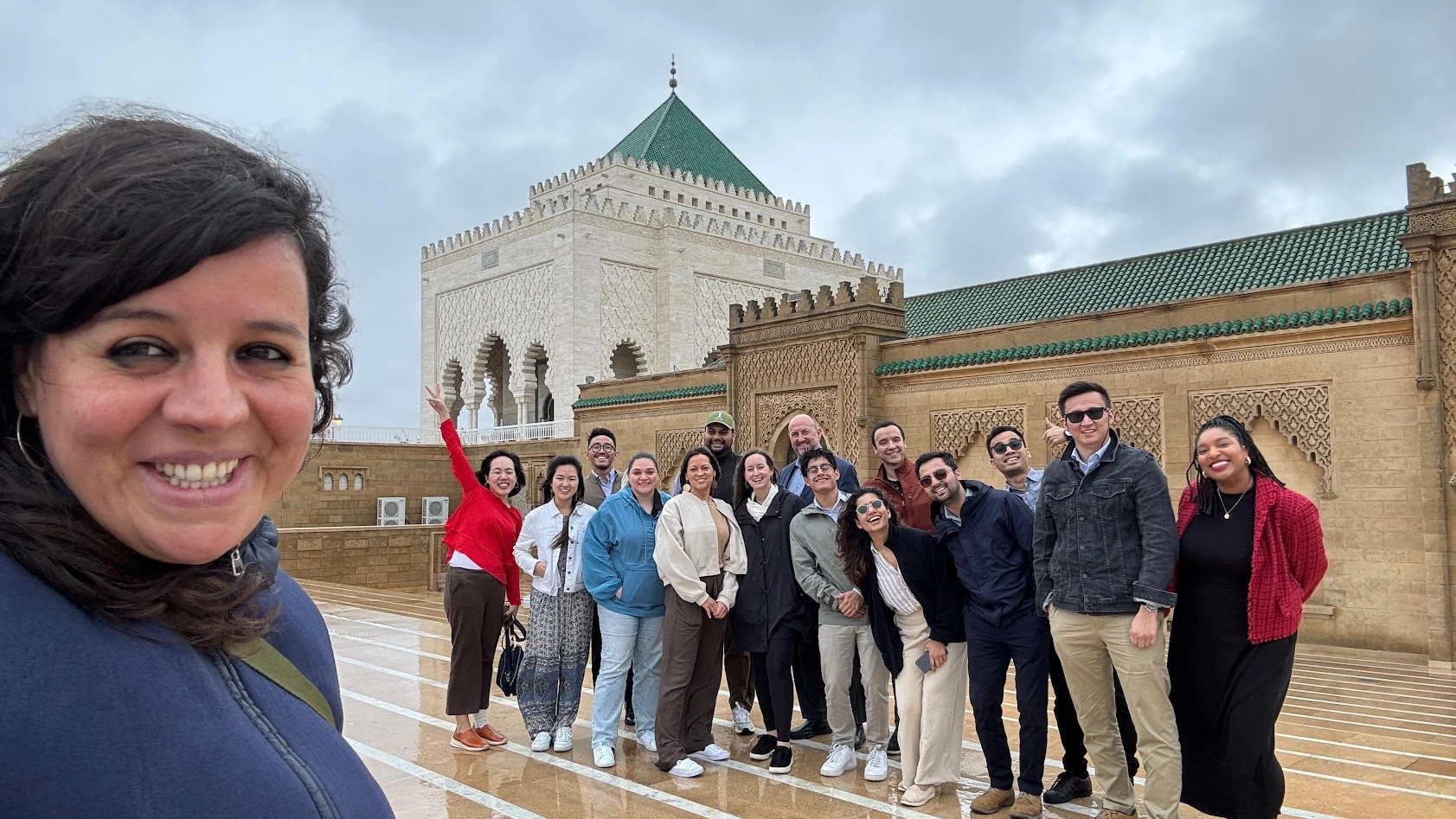
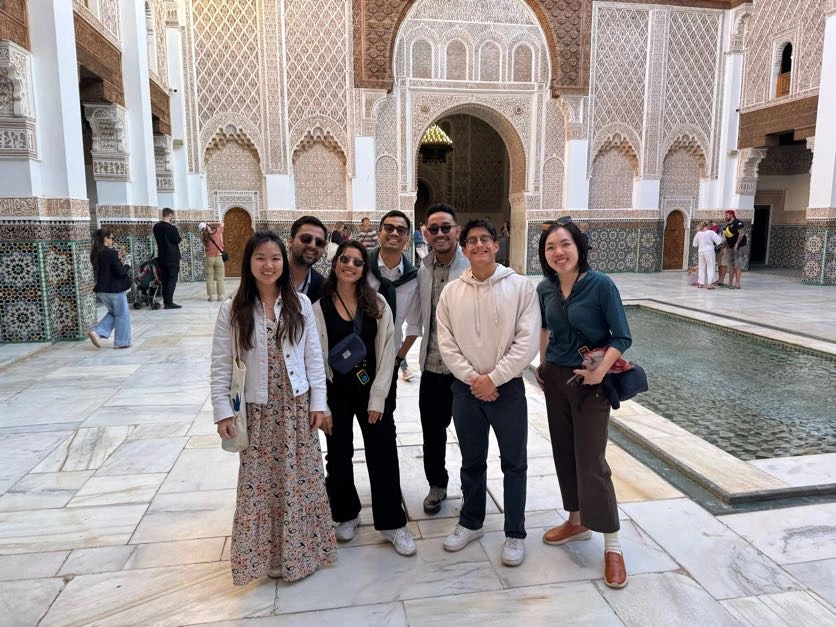
Sara Davis, Part-Time MBA ’25 and Assistant Director of Undergraduate Career Advising at BU Questrom, traveled to Singapore with her Global Immersion class led by Professor Lisa Rohrer and coordinated by Chelsea Houlihan, Monica Parker-James, and Martha Day Sanford. The classes heard from leaders at globally recognized companies like Meta, Google, the American Chamber of Commerce Singapore (AmCham), Moving Bits, and SecondMuse.
Sara says, “Every leader had a key lesson to share about managing teams in time zones all over the world. From my perspective, global leadership is driven by three elements: leading with empathy, educating yourself as the leader on what works best for your global team is a continuous process, and diversity in thought, culture, background, skillset, and experience is invaluable to the future success of a team.”
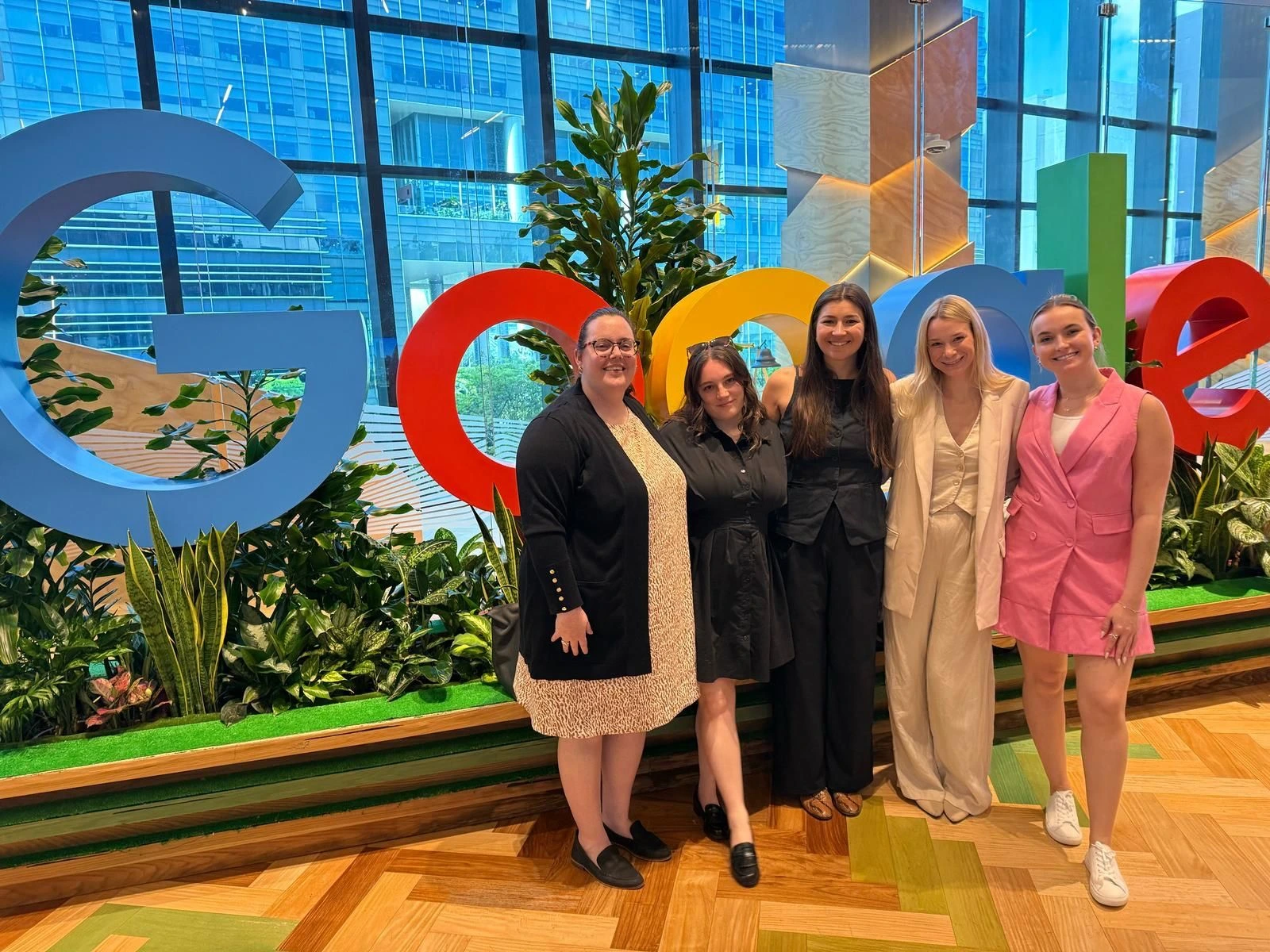
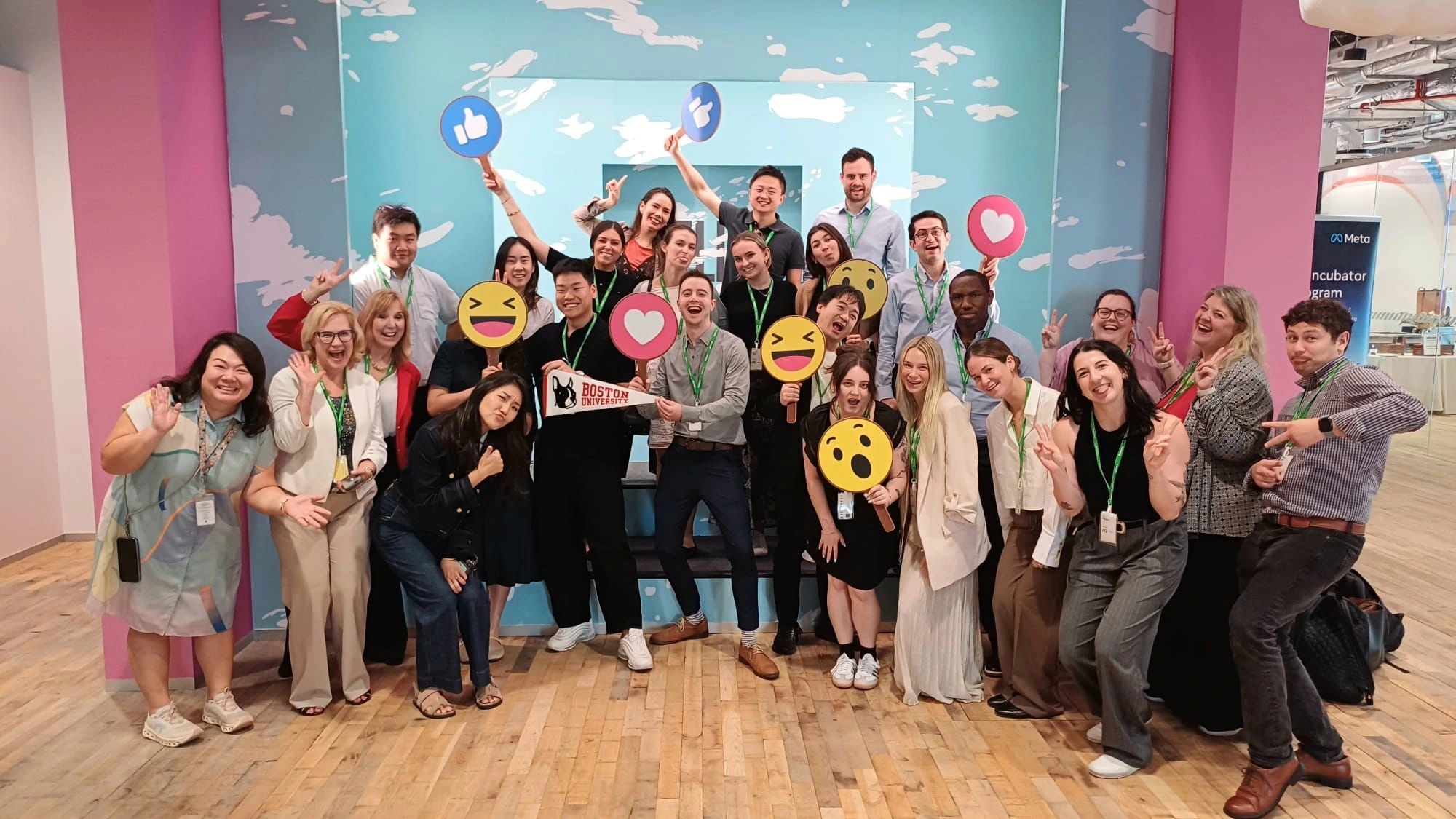
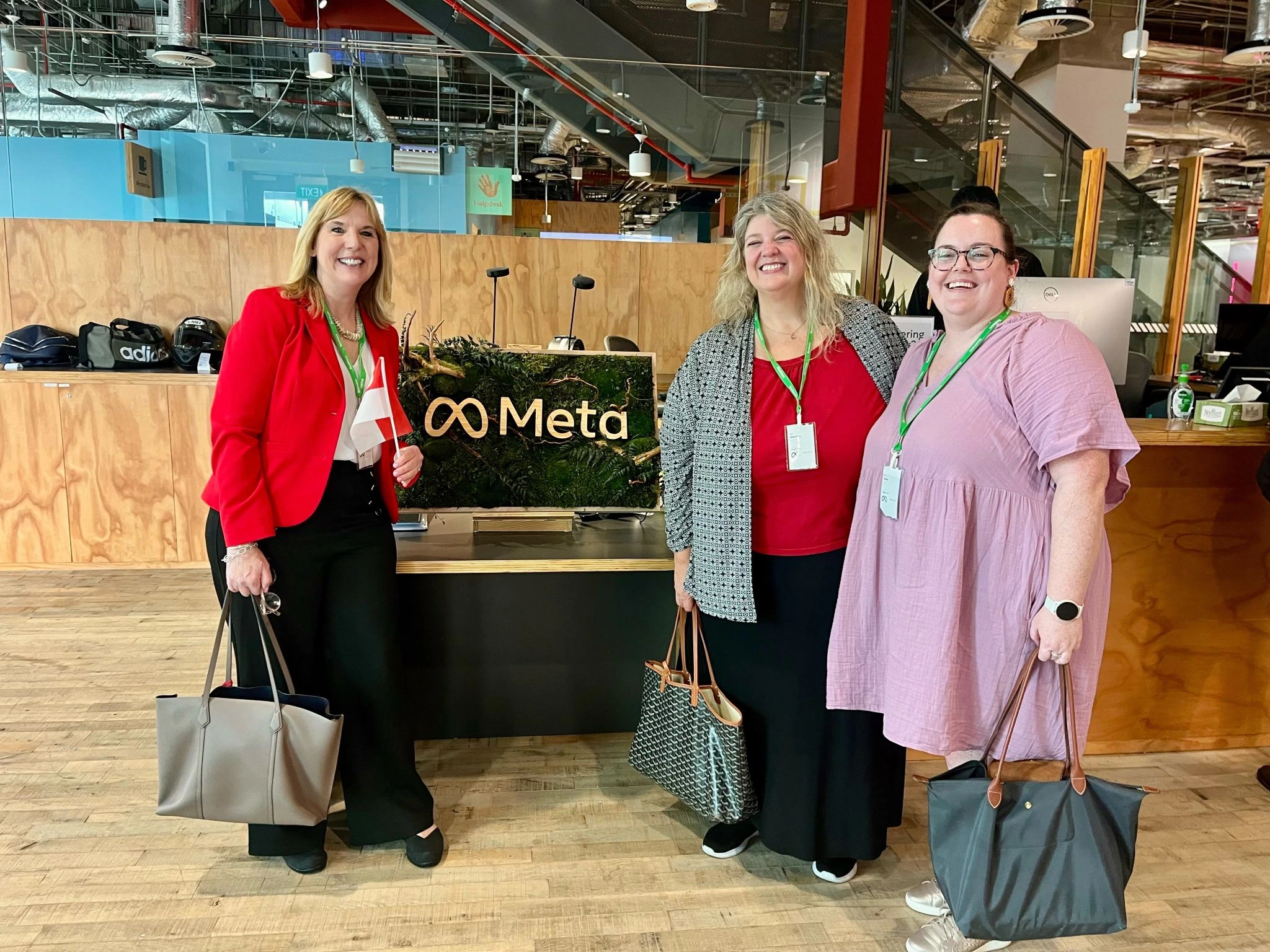
Pictures and content are courtesy of Aliyah Phipps, Avni Singhal, Sara Davis, Victoria Lai, and others.


